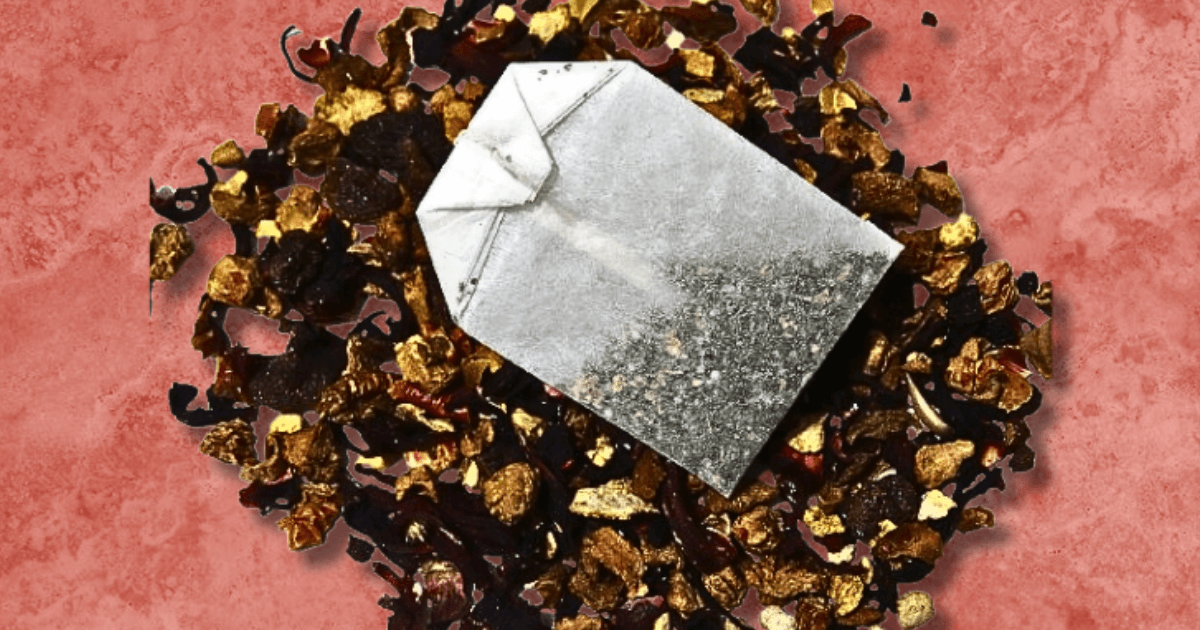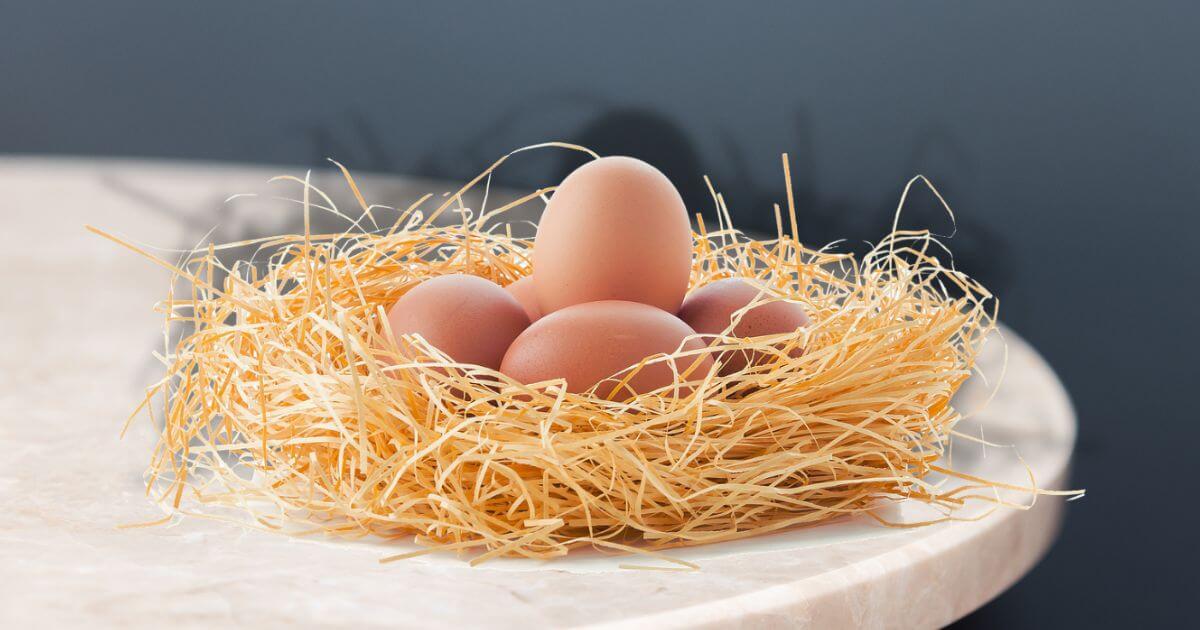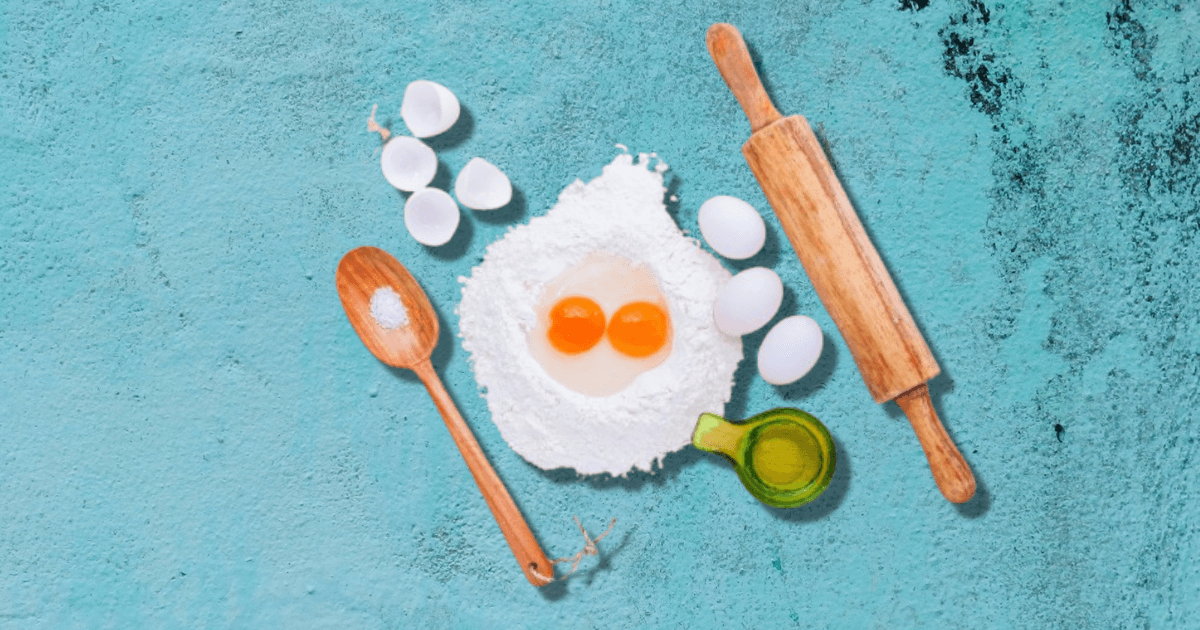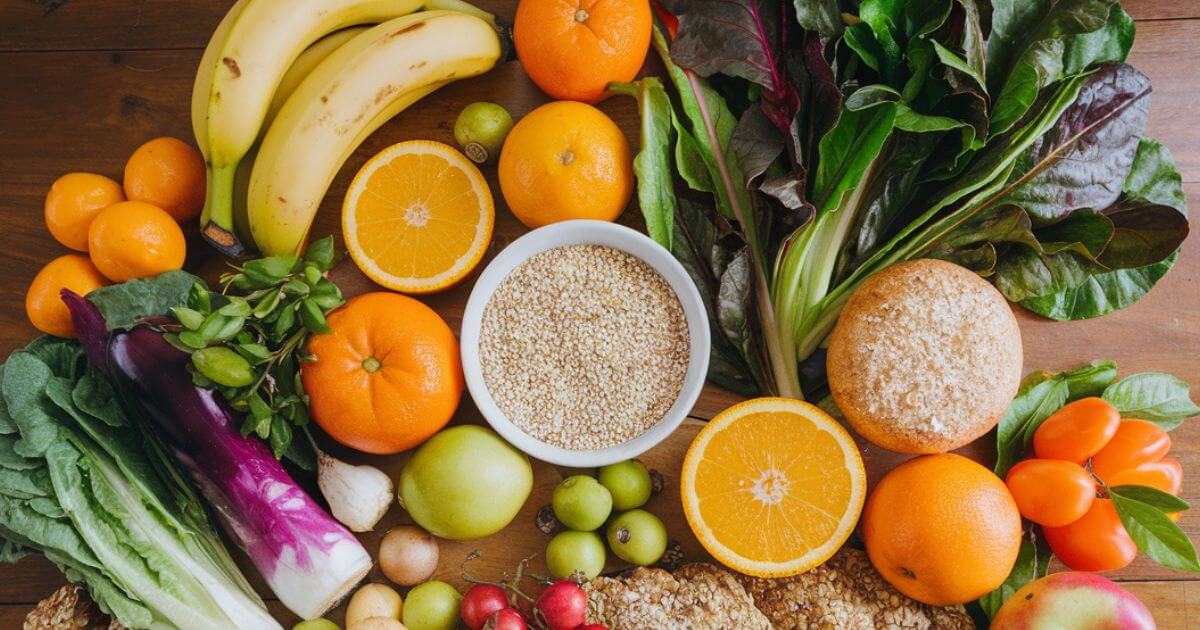Favorite globally, black tea wonders? People choose it for its deep flavor and health benefits. It is acceptable worldwide, cherished and known for its distinct taste. Its specificity for high antioxidant levels make it a must have in healthy daily routine.
Black tea is not just loved for its taste but also good with many nutritional properties. The antioxidants present in black tea can lower disease risks. So, It is a perfect blend of flavor and health, ideal for those seeking a tasty, healthy drink.
Why Black Tea is a Global Favorite
Black tea marked for over 75% of global tea consumption, because of many good reason. It has a bold, adaptable warm flavor that makes it perfect for drinking plain, with spices such as masala tea, with milk, or as a base for creative tea blends in many other ways.
Here are some reasons why it is so popular:
- Rich, Robust Flavor: Distinct from green or white tea, black tea endures full oxidation process, that gives it a deeper, more complex taste. Depending on its variety, flavors may differ and create black tea range such as:
- Assam has malty & bold flavor
- Darjeeling known for its Floral & delicate taste
- Lapsang Souchong tastes smoky & earthy
- Ceylon is Citrusy & bright
- Natural Energy Boost: Black tea has 40–70 mg of caffeine per cup, and provides a calmer, retentive energy kick compared to coffee, the presence of amino acid L-theanine, which significantly promotes calm focus.
- Long Shelf Life: The process of oxidation in black tea keeps it fresh longer than other varieties of teas, making it ideal for storage and travel and each occision.
- Cultural Significance: Its acceptability as British afternoon tea to Indian chai and then to Chinese tea ceremonies, shows a key role in universal traditions.
The Science-Backed Health Benefits of Black Tea
Decades of research approve that black tea is not just enjoyable, it is amazingly good for you. Here is what science says about it:
- Packed with Antioxidants: The nutritional profile of black tea contains polyphenols, theaflavins, and thearubigins that are powerful antioxidants are helpful in fighting free radicals for the purpose of reducing oxidative stress. These antioxidants also lower the risk of bodily inflammations linked to chronic diseases thus support healthy aging.
- Boosts Heart Health: Studies had confirmed that drinking over 3 cups of black tea daily benefits by reducing LDL (“bad”) cholesterol, by improving blood vessel function, consequently lowering blood pressure levels.
- Aids Digestion: The tannins present in black tea proved for their anti-inflammatory effects on the gut, helping with Bloating, have astringent properties against Diarrhea thus balances gut microbiome.
New research confirms that Tea’s organic acids enhance digestion by stimulating enzyme activity and improving gut microbiome balance. Researchers found about that, these natural compounds help break down nutrients while inhibiting harmful bacteria for optimal digestive health (2023).
- Enhances Mental Alertness: The caffeine + L-theanine combo in black tea improves focus & concentration, quick response time and help in mood regulation.
- Supports Immune Function: Black tea also has antimicrobial properties that may help fight off viruses in the common cold and promote oral health by reducing harmful bacteria.
- May Lower Diabetes Risk: Research proposes that polyphenols in black tea improve insulin sensitivity, potentially reducing Type 2 diabetes risk.
From Leaf to Cup: How Black Tea is Made
Black tea is the product of Camellia sinensis plant, and its exceptional processing groups it different from green, white, or oolong teas. Here is, how it is made in different steps:
Step 1: Withering
In the first step of processing, fresh leaves of black tea are spread out and air-dried for a period of 12–18 hours, this process reduces its moisture by 60–70%.
Step 2: Rolling
Following withering process, withered leaves are crushed and rolled to break cell walls, it helps in releasing enzymes that kickstart oxidation process.
Step 3: Oxidation
The most crucial step in black tea processing is oxidation. Leaves are exposed to oxygen, so presence of oxygen turn them from green to coppery-brown. This is the phenomenon that develops and changes black teas’ profound flavor and dark color.
Step 4: Firing (Drying)
During firing, heat stops oxidation of leaves cellular structures, this led to locking in flavor. The leaves are then organized by grade like whole leaf, broken leaf, or fanning.
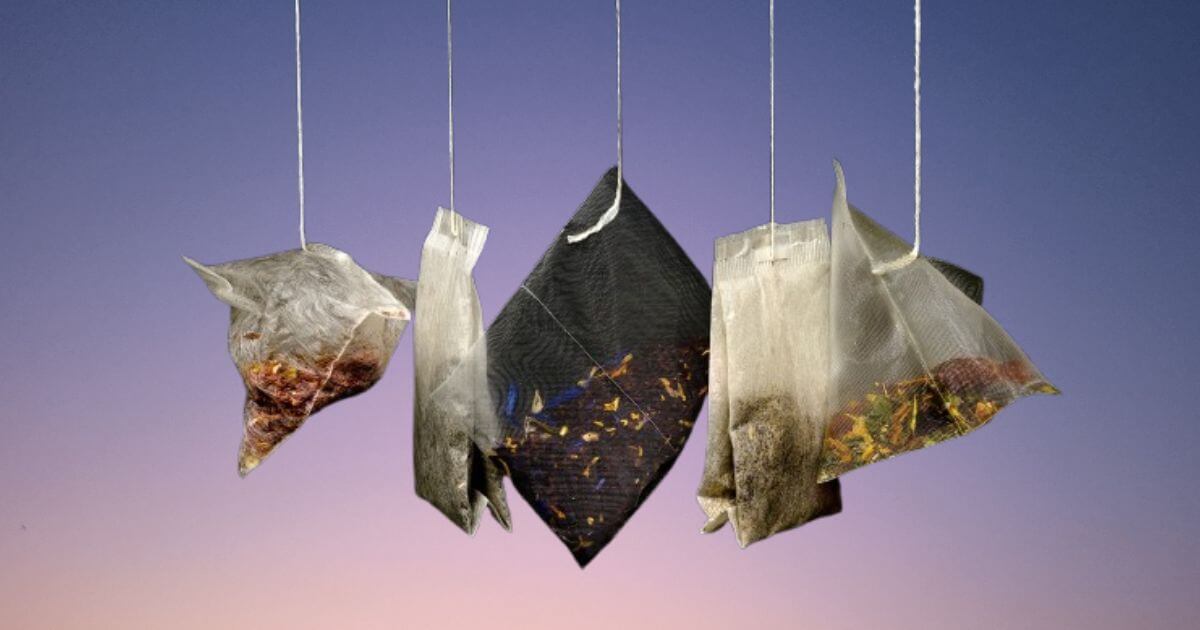
Black tea is more than just a drink. It’s great for beauty, cooking, and even medicine. With so many tea varieties, the ways to use black tea are endless.
Creative Uses for Black Tea Beyond Drinking
Black tea is extremely useful. Here are 5 unique ways to use it for different purposes:
Beauty & Skincare
- Under-Eye Treatment – Chill used tea bags help to reduce puffiness & dark circles.
- Hair Rinse – For this brew strong tea, cool, and pour over hair for shine & reducing dandruff.
- Exfoliating Scrub – Mix tea leaves with honey and sugar for glowing skin.
Cooking & Baking
- Tea-Infused Desserts – Add Earl Grey to cookies or chai spice to cakes for depth flavor.
- Marinades & Broths – Use black tea in beef stews or BBQ sauces for depth.
- Smoky Seasoning – Grind Lapsang Souchong into a rub for meats.
Home Remedies
- Soothe Sunburns – Apply cooled tea for reducing skin irritation.
- Relieve Foot Odor – Soaking feet in black tea helps in killing odor-causing bacteria.
- Natural Fabric Dye – As a natural dye, you can use a strong brew to tint fabrics into earthy brown color.
Gardening Boost
- Compost Enhancer – Sprinkle used tea leaves to enrich soil with nutrients.
- Pest Repellent – It can also be sprayed on plants to deter insects.
DIY Cleaning
- Wood Polish – Mixing tea with olive oil works as natural furniture shine.
- Deodorizer – Use it as deodorizer by putting in shoes or fridges (to absorb odors).
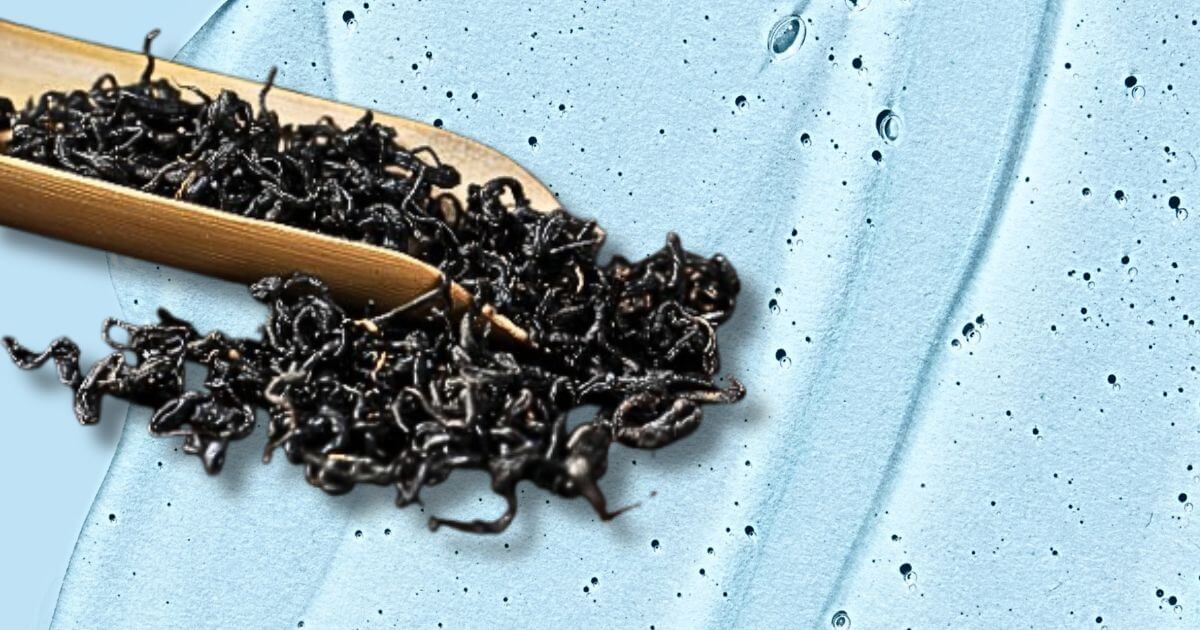
Black tea can be enjoyed in many ways, like as a refreshing beverage, in recipes, or as a skincare treatment. Its rich flavor and aroma bring calm and mindfulness to our busy days. It’s a great way to add self-care to your daily routine.
So, why not include black tea in your daily routine? Try different types, brewing methods, and uses to find what you like best. By exploring black tea, you’ll move closer to a healthier, more balanced life.
FAQs
What is black tea?
Black tea found in Asia and comes from the Camellia sinensis plant. It is loved worldwide for its strong taste and health benefits.
What are the health benefits of black tea?
Black tea is full of antioxidants. This help fight cell damage and lower risk of many diseases like heart and cancer. It also fights inflammation, and strengthens the immune system.
How is black tea processed?
Black tea processed through steps like withering, rolling, and oxidation. These steps create its unique taste, smell, and dark color.
How much caffeine is in black tea?
Black tea has about 40-70 milligrams of caffeine per 8-ounce cup. The caffeine amount vary on the basis of tea type and how it is brewed.
How can I incorporate black tea into my daily routine?
You can enjoy black tea in many ways. Drink it, use it in your dessert recipes, or in skincare routine.

